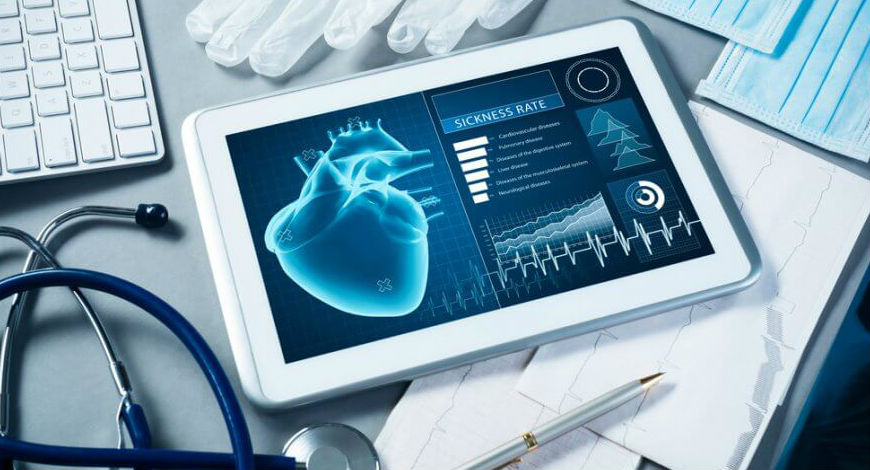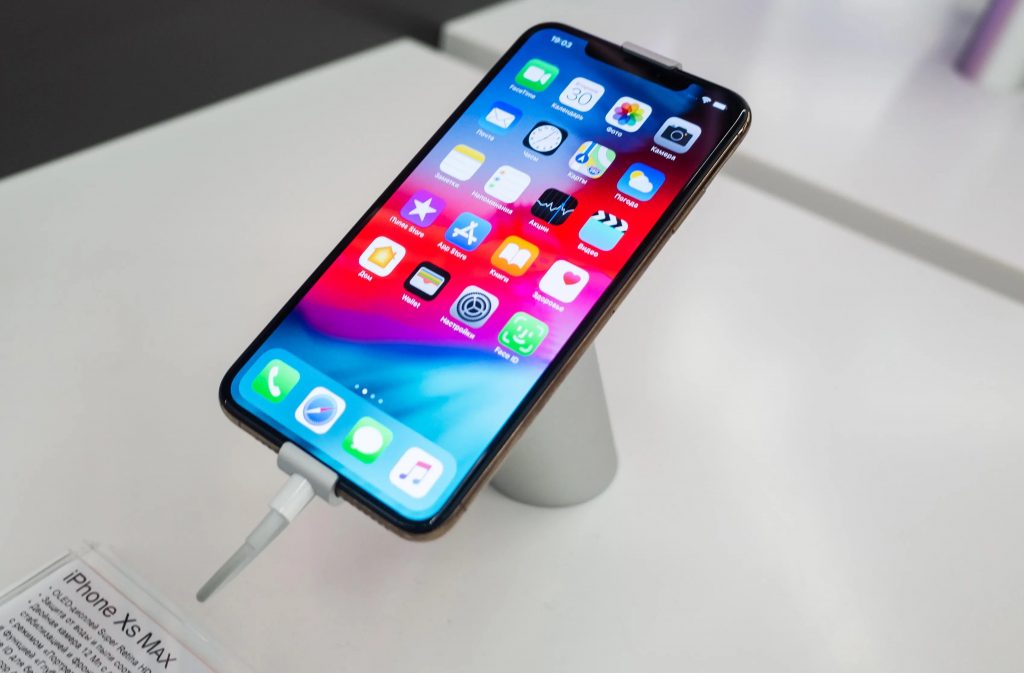The healthcare industry faces significant challenges, including uneven access to medical services, inefficient management of patient data, and the need for more personalized and timely care. To bridge these gaps, innovative mobile apps and cloud-based medical data systems have emerged as game changers, offering solutions to several long-standing issues. Mobile health applications mHealth have become an essential tool in providing healthcare to a broader population. These apps are designed to provide users with convenient, on-demand access to health information, appointment scheduling, virtual consultations, medication tracking, and personalized health insights. mHealth apps allow individuals to monitor their health, track symptoms, and receive reminders for medication or doctor’s appointments, thereby improving adherence to prescribed treatments and enhancing patient engagement. Moreover, they are an accessible tool for individuals in rural or underserved areas who may have limited access to traditional healthcare facilities. On the other hand, cloud-based medical data systems are transforming how healthcare providers manage patient information.
These systems offer a secure and scalable solution for storing and accessing medical records, enabling healthcare professionals to collaborate in real-time. Cloud technology ensures that patient data is accessible from any location, which is crucial for ensuring timely interventions, especially in emergency situations. These systems also reduce the risk of data loss, ensuring that critical patient information is always available, regardless of geographic or logistical barriers. With the integration of electronic health records EHR, cloud-based platforms enable more accurate diagnoses, streamline workflows, and reduce the administrative burden on healthcare providers. The combination of mobile apps and cloud-based systems can also improve health outcomes through data analytics. For instance, patient data from mobile apps can be uploaded to the cloud, where advanced analytics can be applied to detect patterns or predict health trends. This information can be invaluable for doctors in making personalized treatment decisions. Additionally, cloud-based systems can store vast amounts of patient data, allowing for more comprehensive population health management and visit https://www.thodex.com/building-a-diverse-and-inclusive-healthtech-workforce/. By aggregating data from various sources, these technologies support the identification of public health trends and allow for better resource allocation in response to specific health needs.

Another major benefit of mobile apps and cloud systems is the reduction in healthcare costs. Traditional methods of healthcare delivery, particularly in areas with limited infrastructure, can be costly and inefficient. With cloud-based systems and mobile apps, providers can reduce the need for physical office visits, saving both time and money. Virtual consultations, in particular, have been shown to reduce the cost of care while maintaining the quality of service. These platforms also minimize paperwork and reduce administrative overhead, allowing providers to focus more on direct patient care. In conclusion, the integration of mobile applications and cloud-based medical data systems presents a promising future for overcoming the current gaps in healthcare. These technologies improve access to care, streamline medical workflows, enhance the quality of service, and reduce healthcare costs. As technology continues to advance, these tools will undoubtedly play an increasingly vital role in shaping a more efficient, accessible, and effective healthcare system worldwide.



